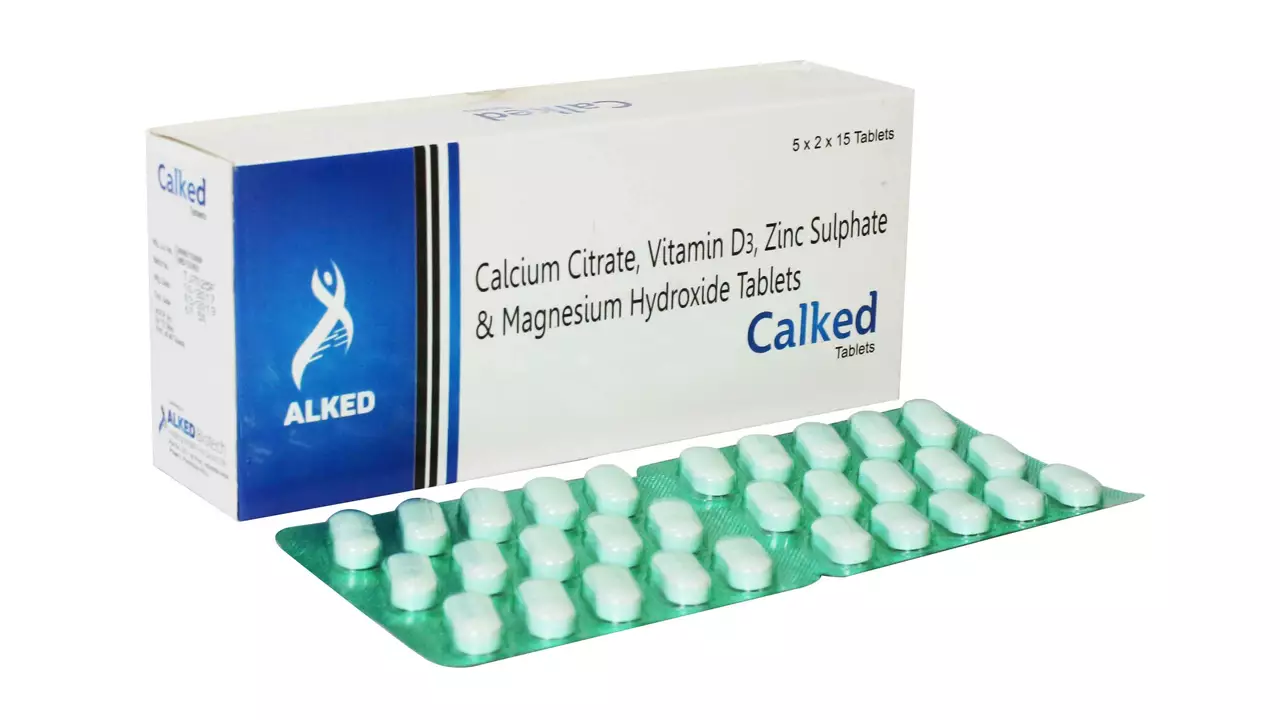Acid reflux treatment: simple steps to ease heartburn now
Burning after meals or waking with a sour taste? That’s acid reflux. Most people can reduce symptoms with a few changes you can try today. Below I’ll cover quick fixes, reliable medicines, when to talk to a doctor, and options for stubborn cases.
Everyday fixes that actually work
Start with the basics. Avoid large meals and don’t lie down for 2–3 hours after eating. Sleep with your head lifted 6–8 inches (use blocks or a wedge) — gravity helps keep acid down. Lose even 5–10% of body weight if you’re overweight; that often lowers reflux a lot. Wear loose clothes around your waist. Quit smoking and cut back on alcohol; both relax the valve between your stomach and esophagus.
Watch trigger foods: fried or fatty meals, chocolate, coffee, mint, spicy food, citrus, tomatoes, and carbonated drinks. Keep a food log for a week to spot what bothers you — people react differently, so personalize it. Chew sugar-free gum after meals for 30 minutes; saliva helps neutralize acid.
Medicines, tests, and when to see a doctor
For occasional heartburn, antacids like calcium carbonate (Tums) work fast. If symptoms happen a few times a week, try an H2 blocker (famotidine) for short-term relief. For frequent or moderate-to-severe reflux, proton pump inhibitors (PPIs) such as omeprazole or pantoprazole are the most effective at reducing acid and healing the esophagus.
Use PPIs at the lowest dose that helps and talk to your doctor if you need them for more than 8–12 weeks. Long-term PPI use can raise risks for low magnesium, vitamin B12 deficiency, bone fractures, and kidney issues in some people — not everyone will get these, but it’s worth reviewing with your clinician.
If medicines don’t control symptoms, or if you have trouble swallowing, unintended weight loss, vomiting, bleeding, or chest pain that doesn’t feel like normal heartburn, see a doctor right away. They may order an upper endoscopy (to check the lining of the esophagus), pH monitoring (to measure acid exposure), or refer you to a surgeon.
For severe or treatment-resistant reflux there are procedures like Nissen fundoplication or the LINX magnetic ring. These are options when lifestyle and meds fail or when someone wants to avoid lifelong medication; discuss benefits and risks with a specialist.
If you’re pregnant, start with lifestyle changes and antacids containing calcium. Many H2 blockers and some PPIs are used in pregnancy but check with your obstetrician before starting any drug.
Small changes add up fast. Try the lifestyle steps for a few weeks, use over-the-counter meds as needed, and see your doctor if symptoms persist or worry you. Getting reflux under control makes daily life a lot more comfortable.

How to use magnesium hydroxide to relieve acid reflux
In my recent blog post, I shared an effective way to alleviate acid reflux symptoms using magnesium hydroxide, a common antacid. I explained how it works by neutralizing the excess stomach acid that triggers this condition. I advised taking it as directed by your healthcare provider or as indicated on the product label. It's important to note that while it provides quick relief, it's not a permanent solution and lifestyle changes may be necessary. Lastly, I reminded my readers to always consult with their healthcare provider before starting any new treatment.
More Detail